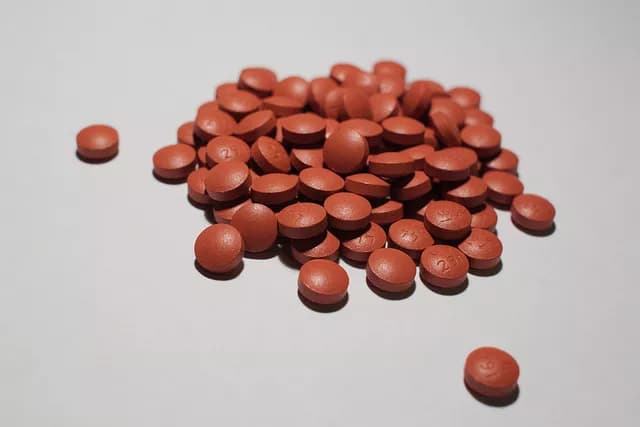
Ibuprofen Doesn't Increase Bleeding Risk After Plastic Surgery
Patients are often instructed not to take ibuprofen and other nonsteroidal anti-inflammatory drugs (NSAIDs) before or after surgery because of increased bleeding risk. But available evidence suggests that ibuprofen does not increase the risk of bleeding after plastic surgery procedures, according to a research review in the April issue of Plastic and Reconstructive Surgery®, the official medical journal of the American Society of Plastic Surgeons (ASPS).
"Ibuprofen is a useful medication in the setting of surgery with multiple beneficial effects," write Drs. Brian Kelley, Jeffrey Kozlow and colleagues of the University of Michigan. They believe that ibuprofen may provide safe and effective pain control for selected plastic surgery procedures, while avoiding the higher risks and costs of some other pain medications.
Plastic Surgery Studies Report No Increase in Bleeding with Ibuprofen
The researchers performed a systematic review and meta-analysis of the research literature to identify high-quality studies comparing ibuprofen with other pain medications for patients undergoing plastic surgery-related operations. They found four studies in which 443 patients were randomly assigned to ibuprofen or other medications. All studies started ibuprofen either before or immediately after surgery, and continued for at least one week.
The procedures studied were cosmetic facial surgery, breast cancer surgery, hernia repair, and skin cancer surgery and reconstruction. All studies used the same ibuprofen dose (400 mg every four hours). Comparison treatments included acetaminophen, acetaminophen plus codeine, or the prescription-only NSAID ketorolac.
All of the study medications provided good pain control, the assembled data suggested. Only seven percent of patients assigned to ibuprofen and 11 percent assigned to comparison drugs reported dissatisfaction with their pain treatment. (The difference was not significant.)
Ibuprofen and other treatments were also similar in terms of bleeding risk. Rates of "surgically significant postoperative bleeding" were 3.5 percent with ibuprofen and 4.1 percent with other treatments (also nonsignificant).
A further analysis focused on the comparison between ibuprofen and acetaminophen plus codeine -- a common postoperative pain medication that was used as a comparison treatment in three of the four studies. Again, there was no significant difference in pain control or bleeding risk.
"Bleeding is a significant concern for plastic surgeons and NSAIDs are routinely held with this in mind," Dr. Kelley and coauthors write. Even though ibuprofen is an inexpensive drug that is widely available over-the-counter (OTC), few studies have evaluated its use in plastic surgery patients.
The researchers emphasize that their study was limited to procedures where bleeding and hematomas (collections of blood) are easily detectable. They also acknowledge some other key limitations, particularly the small numbers of studies and patients included.
However, they believe that for plastic and dermatologic (skin) surgery procedures involving small areas, ibuprofen can provide good pain control without increasing bleeding risk. The findings are consistent with the fact that, in contrast to some other NSAIDs, ibuprofen has only short, temporary effect on the function of platelets -- blood cells that play a key role in clotting.
Considering ibuprofen and other alternative medications is especially important given the rising concern about misuse or prescription opioid pain relievers, in addition to their high costs. Dr. Kelley and colleagues add, "OTC analgesics like ibuprofen are more cost effective given their effectiveness in pain control, well-established public tolerance, and low-risk qualities for abuse."
The above post is reprinted from materials provided by Wolters Kluwer Health: Lippincott Williams and Wilkins. Note: Materials may be edited for content and length.
Disclaimer: DoveMed is not responsible for the adapted accuracy of news releases posted to DoveMed by contributing universities and institutions.
Primary Resource:
Kelley, B. P., Bennett, K. G., Chung, K. C., & Kozlow, J. H. (2016). Ibuprofen May Not Increase Bleeding Risk in Plastic Surgery: A Systematic Review and Meta-Analysis. Plastic and Reconstructive Surgery, 137(4), 1309-1316.
Related Articles
Test Your Knowledge
Asked by users
Related Centers
Related Specialties
Related Physicians
Related Procedures
Related Resources
Join DoveHubs
and connect with fellow professionals

0 Comments
Please log in to post a comment.